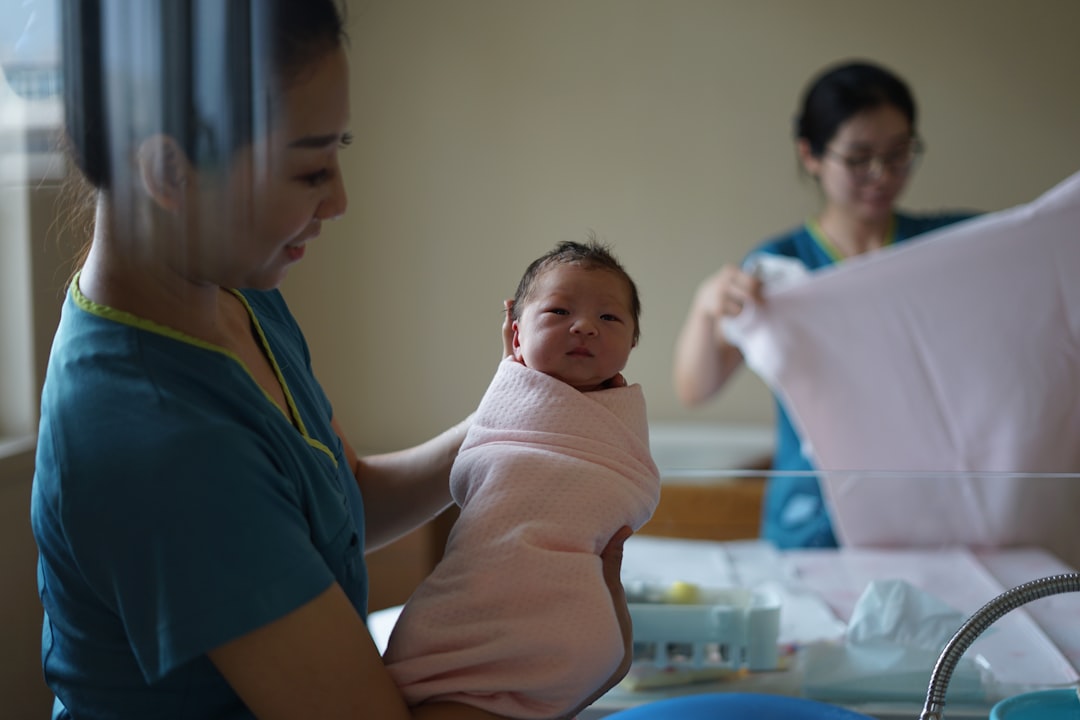Gynaecologist/Obstetrician Kaimātai Take Wahine/Whakawhānau Tamaiti
Gynaecologists/obstetricians advise, diagnose and treat issues with the female reproductive system, and provide medical care for women before, during and after pregnancy.
Gynaecologists/obstetricians need to be registered with the Medical Council of New Zealand.
Gynaecologists/obstetricians may do some or all of the following:
- identify and treat problems of the female reproductive system, such as menstrual disorders, abnormal bleeding, miscarriages, infertility and cysts
- check and provide treatment for cancer of the female reproductive system
- examine and prepare treatment plans for pregnant women, particularly women with known health conditions such as asthma
- deliver babies and check the post-delivery progress of mothers
- discuss and prescribe contraceptive options
- perform surgery when necessary
- consult with other medical professionals about patient care and treatment
- keep medical records and send final reports to general practitioners
- teach medical students and trainee gynaecologists/obstetricians
- carry out research.
Useful Experience
Useful experience for gynaecologists/obstetricians includes:
- work in hospitals or other health-related work, such as in clinics
- work caring for people.
Personal Qualities
Gynaecologists/obstetricians need to be:
- interested in women's health
- able to work well under pressure and remain calm in emergencies
- able to make good decisions, and solve problems
- good at managing time
- good at working in a team
- understanding and good at listening
- good at report writing
- skilled at communicating and inspiring confidence in others
- understanding of other cultures' attitudes to medical treatment.
Skills
Gynaecologists/obstetricians need to have knowledge of:
- anatomy, with in-depth knowledge about pregnancy and the female reproductive system
- how to perform surgery
- different diseases and illnesses
- how to diagnose problems effectively
- new research, treatments, technology and medical practices
- medical ethics and law.
Conditions
Gynaecologists/obstetricians:
- may work long and irregular hours, including evenings, nights and weekends
- work in hospitals, clinics, consulting rooms and operating theatres
- work in conditions that may be stressful, as they may deal with medical emergencies
- travel locally and overseas to conferences and meetings.
Subject Recommendations
NCEA Level 3 is required to enter tertiary training. Useful subjects include maths, chemistry, physics, health, biology and English.
Related Courses
Gynaecologist/Obstetricians can earn around $64K-$205K per year.
Chances of getting a job as a Gynaecologist/Obstetrician are good due to a shortage of people interested in this type of work.
Pay varies for gynaecologists/obstetricians depending on seniority, hours, location, and frequency of on-call or emergency cover.
Gynaecologists/obstetricians who work for Te Whatu Ora Health NZ (previous DHBs)
- House officers (supervised junior doctors) who work for Te Whatu Ora can earn $64,000 to $145,000 a year.
- Registrars (trainee gynaecologists/obstetricians) can earn $80,000 to $205,000.
- Qualified gynaecologists/obstetricians can earn $170,000 to $251,000.
Gynaecologists/obstetricians working in the private sector can earn more than this.
Sources: Association of Salaried Medical Specialists, 'New Zealand District Health Boards – Senior Medical and Dental Officers Collective Agreement, 1 April 2022 - 31 March 2023'; and Resident Doctors' Association, 'RDA and 20 District Health Boards Multi Employer Collective Agreement 17 March 2021 to 31 March 2024'.
Gynaecologists/obstetricians may progress to teach students and trainee gynaecologists/obstetricians at larger hospitals. They can also become senior consultants with responsibility for gynaecological/obstetric departments.
Gynaecologists/obstetricians may move into specialist areas such as:
- gynaecological oncology (focusing on treating women who have cancers of the reproductive organs)
- high-risk pregnancies
- urogynaecology (the diagnosis and treatment of incontinence in women)
- fertility.
Years Of Training
14 years of training required.To become a gynaecologist/obstetrician you need to:
- complete the Health Sciences First Year programme at Otago University, or the first year of either the Bachelor of Health Sciences or Bachelor of Science in Biomedical Science at Auckland University
- complete a five-year Bachelor of Medicine and Bachelor of Surgery (MBChB) degree at Otago or Auckland University
- work for two years as a house officer (supervised junior doctor) in a hospital
- complete another six years as a registrar with specialist training and passing examinations to become a Fellow of the Royal Australian and New Zealand College of Obstetricians and Gynaecologists.
You also need to be registered with the Medical Council of New Zealand.
- University of Otago website -Health Sciences First Year programme
- University of Otago website - Bachelor of Medicine and Bachelor of Surgery
- University of Auckland website - Bachelor of Medicine and Bachelor of Surgery
- Royal Australian and New Zealand College of Obstetricians and Gynaecologists website - gynaecologist/obstetrician training
The Vulnerable Children Act 2014 means that if you have certain serious convictions, you can’t be employed in a role where you are responsible for, or work alone with, children.

 Epsom Girls Grammar School
Epsom Girls Grammar School